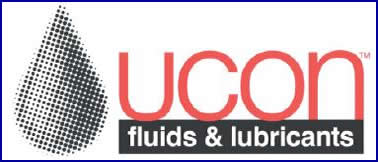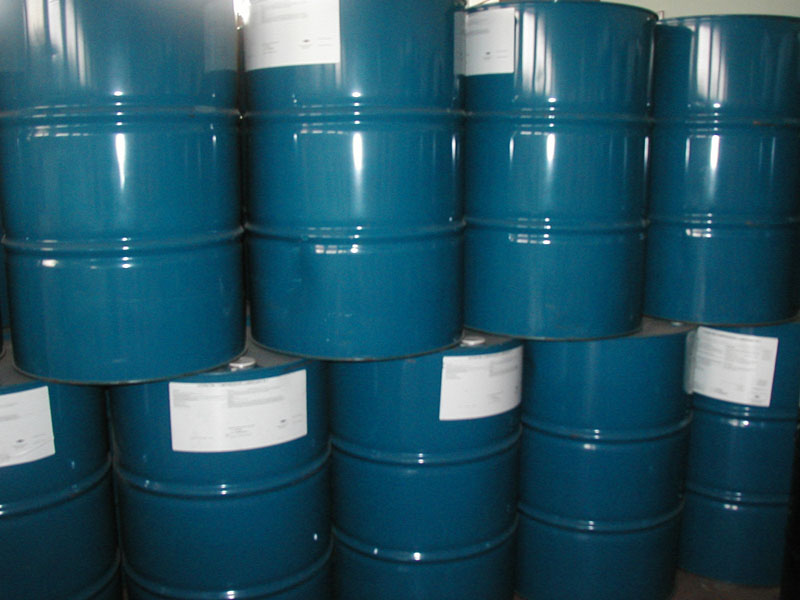| |
UCON Calender Lubricant 35


Large-scale mills and calenders used by the rubber, textile, paper, and plastics industries require lubricants for large-diameter journal or sleeve bearings, anti-friction bearings, and several types of gearing. While petroleum lubricants are often suitable for moderate temperature operation, at elevated temperatures (calender roll temperatures above 177°„C), these fluids can form carbonaceous residues, contributing to lubricating problems and increased maintenance. UCON calender lubricants are formulated for high-temperature service, and are supplied in several viscosity grades to offer greater flexibility in high-temperature equipment than petroleum products.
The table below lists the typical viscosity to help you select which product will meet your needs.
Product |
Description |
Viscosity, cSt, 37.8°„C (100°„F) |
UCON Calender Lubricant 20 |
UCON calendar lubricants are formulated for high-temperature service (calendar roll temperatures above 177°„C). They are supplied in three viscosity grades to offer greater flexibility in high-temperature equipment than petroleum products in the rubber, textile, paper and plastic industries. |
416 ®C 540 |
UCON Calender Lubricant 35 |
UCON calendar lubricants are formulated for high-temperature service (calendar roll temperatures above 177°„C). They are supplied in three viscosity grades to offer greater flexibility in high-temperature equipment than petroleum products in the rubber, textile, paper and plastic industries. |
728 ®C 842 |
UCON Calender Lubricant 51 |
UCON calendar lubricants are formulated for high-temperature service (calendar roll temperatures above 177°„C). They are supplied in three viscosity grades to offer greater flexibility in high-temperature equipment than petroleum products in the rubber, textile, paper and plastic industries. |
1047 ®C 1230 |
UCON Calender Lubricant 51K |
UCON calendar lubricants are formulated for high-temperature service (calendar roll temperatures above 177°„C). They are supplied in three viscosity grades to offer greater flexibility in high-temperature equipment than petroleum products in the rubber, textile, paper and plastic industries. |
1058 ®C 1230 |
Typical properties, not to be construed as specifications.
|
|

